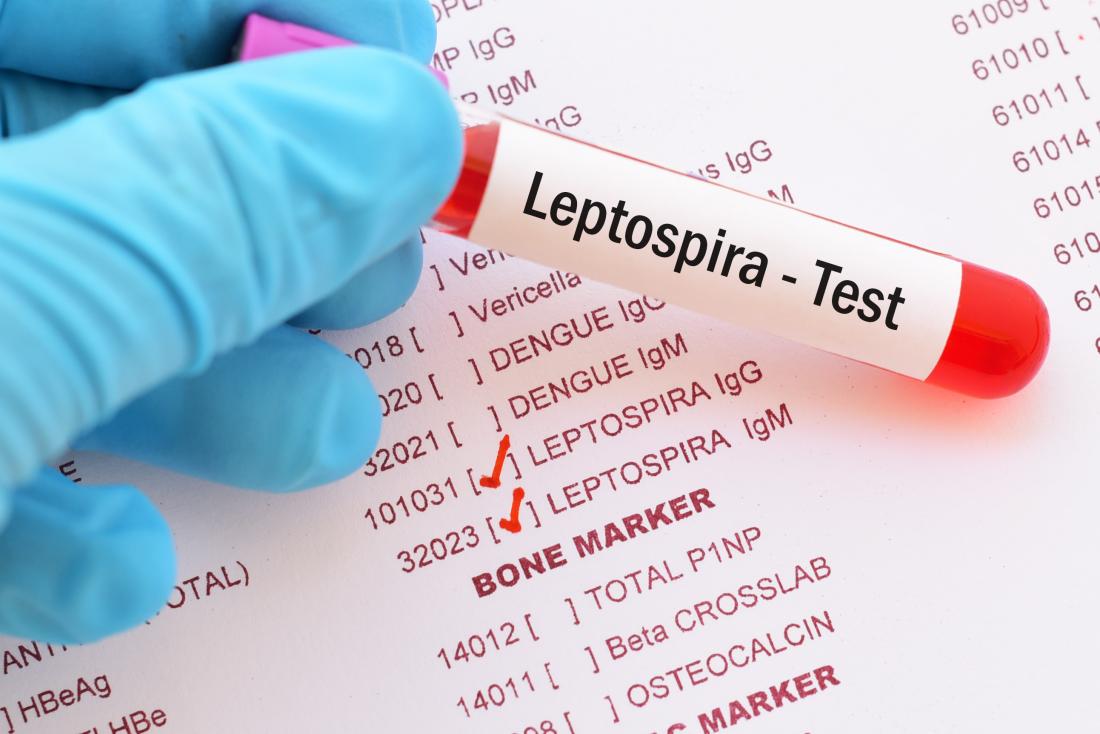
Leptospirosis is a bacterial disease that affects humans and animals. It is caused by bacteria of the genus Leptospira. In humans, it can cause a wide range of symptoms, some of which may be mistaken for other diseases. Some infected persons, however, shows no symptoms at all. Without treatment, Leptospirosis can lead to kidney damage, meningitis, liver failure, respiratory distress, and even death.
The bacteria that cause leptospirosis are spread through the urine of infected animals, which can get into water or soil and can survive there for weeks to months.
Humans can become infected through:
- Contact with urine (or other body fluids, except saliva) from infected animals.
- Contact with water, soil, or food contaminated with the urine of infected animals.
The bacteria can enter the body through skin or mucous membranes (eyes, nose, or mouth), especially if the skin is broken from a cut or scratch. Drinking contaminated water can also cause infection. Outbreaks of leptospirosis are usually caused by exposure to contaminated water, such as flood waters.
In humans, Leptospirosis can cause a wide range of symptoms, including:
- High fever
- Headache
- Chills
- Muscle aches
- Vomiting
- Jaundice (yellow skin and eyes)
- Red eyes
- Abdominal pain
- Diarrhea
- Rash
Prevention
Leptospirosis is treated with antibiotics
Other preventive measures include:
- Not swimming or wading in water that might be contaminated with animal urine or eliminating contact with potentially infected animals or shower at once after exposure
- Protective clothing or footwear should be worn by those exposed to contaminated water or soil because of their job or recreational activities
- Controlling pests, especially rodents
- Washing hands with soap and water after handling animals and animal products
- Avoiding touching dead animals with bare hands
- Cleaning all wounds as soon as possible and covering them with waterproof dressings
- Avoid contact with or consuming anything that has been in contact with flood water
- Avoiding drinking water from rivers and lakes unless it has been boiled or chemically treated
References
- https://www.cdc.gov/leptospirosis/treatment/index.html
- https://www.medicalnewstoday.com/articles/246829.php
